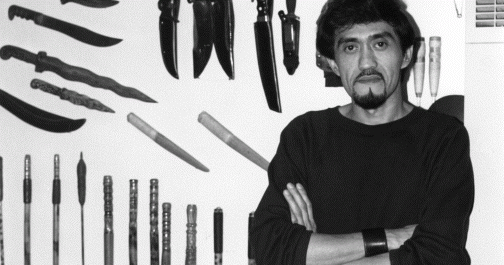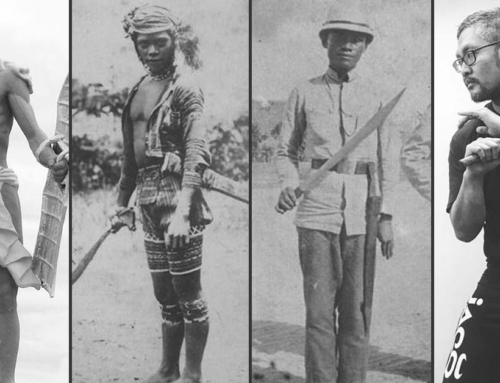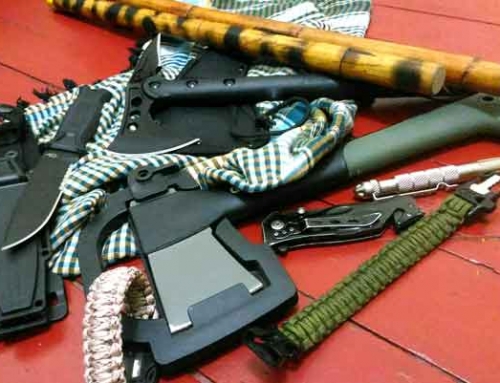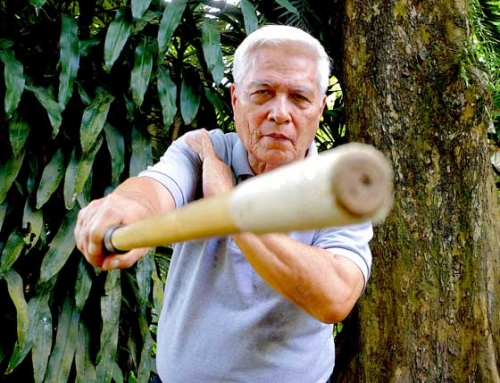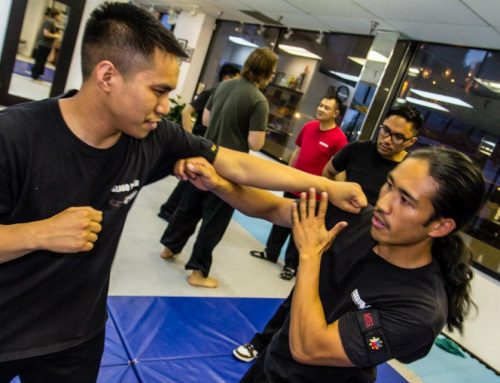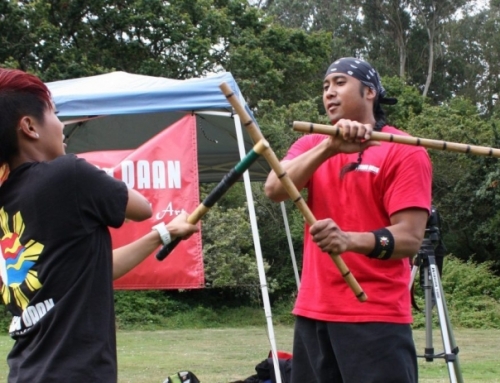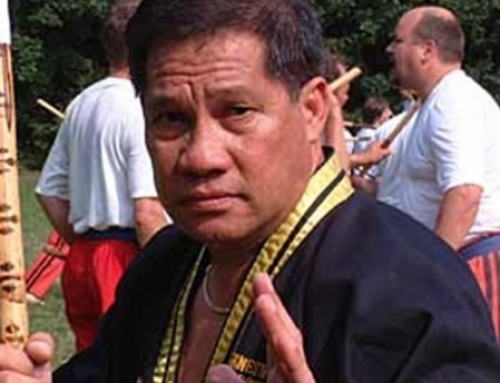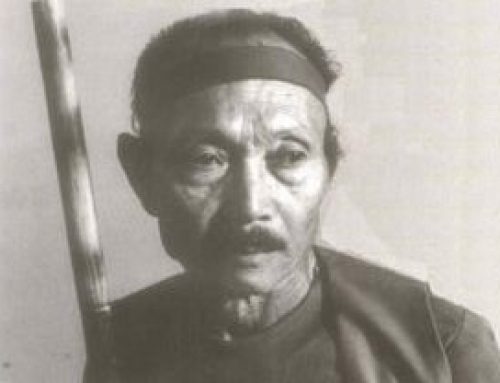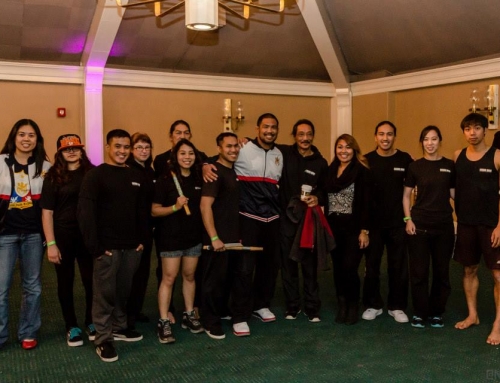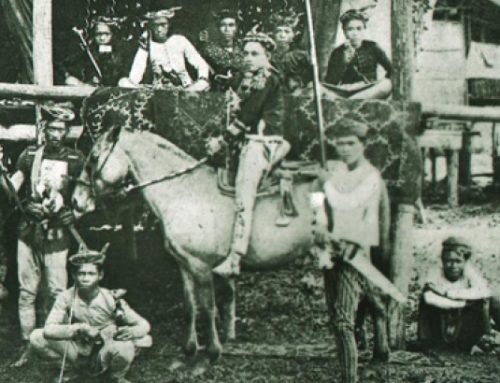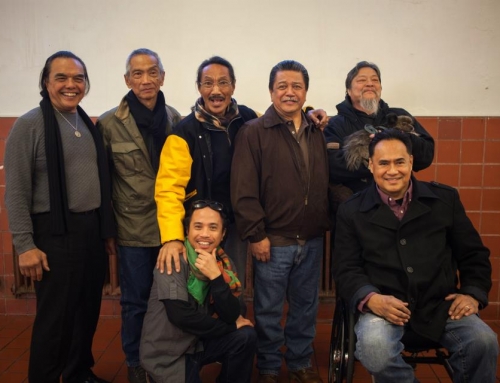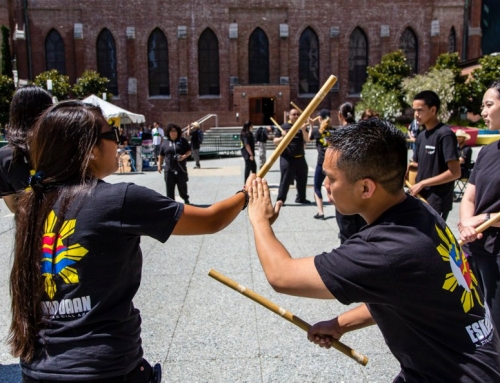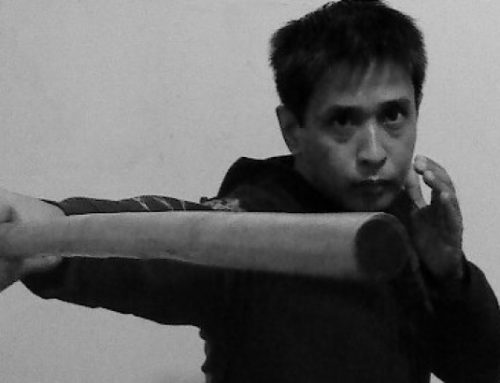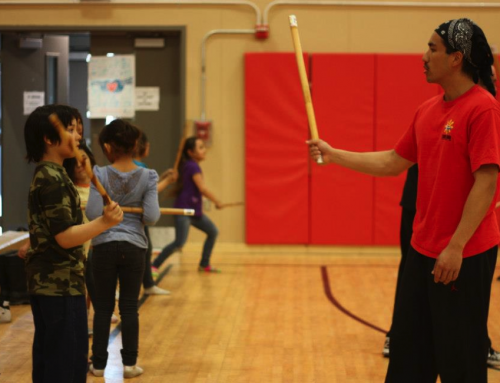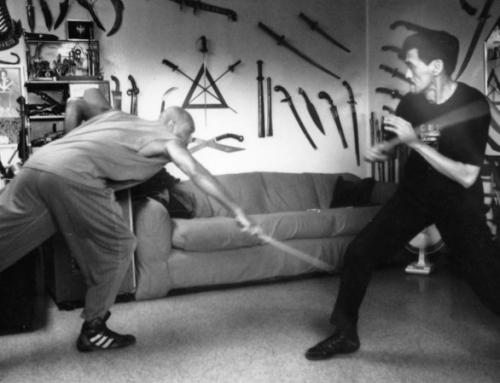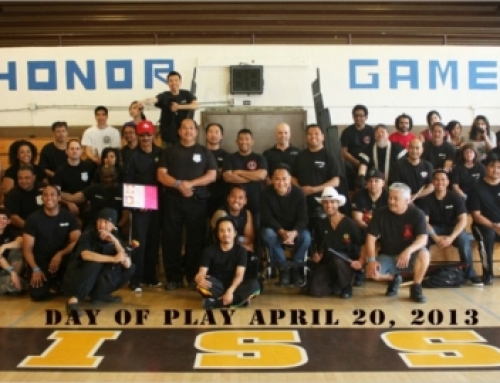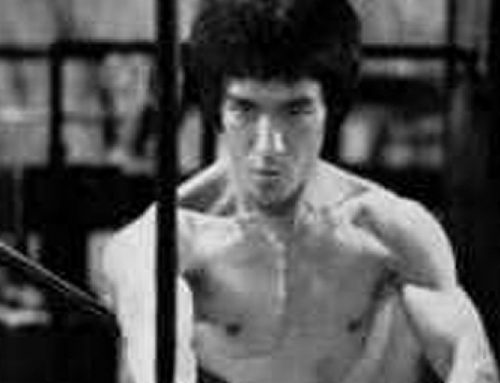Modern self protection training focuses on teaching a person how to best defend themselves against realistic attacks.
It is likely that the aggressor in such an encounter is highly motivated, and believes they will prevail – why pick a hard target? (Drugs and alcohol can impair judgement here, but the belief is still the same). It is also likely they will take measures to assure this supremacy through deception and perhaps the use of weapons. Also by acting in pairs on in a group.
The skills that are trained to improve one’s chances of prevailing, in essence all focus on creating enough time to escape from a situation, as close to ‘in one piece’ as possible. The basic skill set generally contains close range responses where the highest level of risk manifests, as well as the least amount of time to do something about it. (Fence, pre-emptive striking, continuous forward pressure, mental trigger etc).
At a slightly greater range, more psychological skills are trained to try to diffuse the situation before it gets physical (or after, if there are others, or long term security concerns).
At an even greater range, general awareness is trained to improve the odds of not being in the wrong place at the wrong time in the first place.
Sword play, and more specifically Filipino style dueling, can be of great benefit for the ‘psychological range’, and provides insights at the shorter range also. I believe this is so because it is a movement based martial practice that creates natural reactions for the players, in a fairly realistic combat situation.
When one is trying to understand tactics and how people tick, one has to practice in a situation that produces natural reactions. (Obviously real life experience is the ultimate training).
Scenario training, though valuable to train other aspects of self protection, has it’s limitation, not least because to some extent someone is always pretending.
The only leap of imagination that has to happen in dueling is that you have to respect the practice blade as a live weapon, and understand that you do not want to get touched by it at all, if possible.
(Imagining the opponent is fighting with a junkie’s dirty needle can help, as does really facing off with live blades).
What is particular about sword play?
2 factors make sword play different from other combat practices:
- Making the wrong decision is exponentially more dangerous than empty hand or even stick fighting – so closing on an opponent becomes very difficult without sustaining serious injury.
- Strength and size have little to do with winning
These 2 factors force the player to use everything EXCEPT power to prevail. Take out brute force, and you are left with mobility (angle and timing), and psychological tactics – confusion, intimidation, deception and baiting.
Sword play thus creates a great format in which to explore what you yourself are threatened by, and how to create that feeling in others.
- To understand if threat is real or imagined, and how to deal with it.
- To understand how to make someone lose their focus or to freeze their movement.
- To understand how to tempt someone into a trap of your own making.
- To notice points of weakness and strength in individuals.
- To understand that there is rhythm in all things, how to time it, and how to break it.
Why particularly Filipino style dueling? Because it has no rules. 360 degree, chaotic, random play where all is fair, and as such it is IMO the best model to use.
Why sword and not knife? A short blade moves much quicker and the range is much shorter from the get go, giving much less time/space to play with. Generally, the learning curve starts with slow, wide, obvious angles to build accuracy and timing and therefore a longer weapon is better. Later knife on knife works too as skills improve.
I believe the skills learned from the sword would be of great benefit in any scenario – realistically you will not be dueling in the street – but after all you are always dealing with a human being, armed or not, and understanding ‘the ways of men’ as Musashi put it plays a large part in winning.
And as Sun Tzu says in The Art of War:
All warfare is based on deception.
Hence when able to attack, we must seem unable, when using our forces, we must seem inactive, when we are near, we must make the enemy believe that we are away, when far away, we must make him believe we are near. Hold out baits to entice the enemy. Feign disorder and crush him.
If he is secure be, prepared for him, if he is superior in strength evade him. If you opponent is of bad temper, seek to irritate him. Pretend to be weak that he may grow arrogant.

